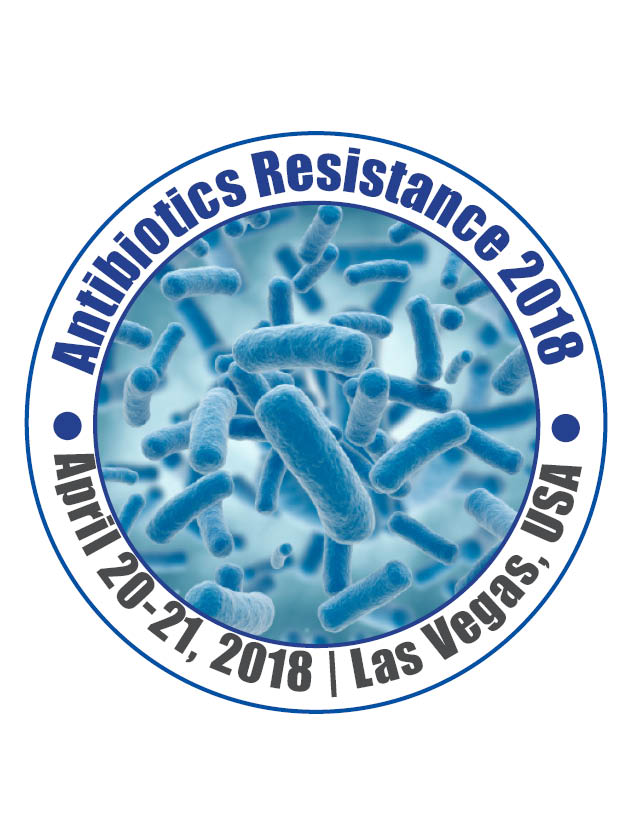
Richard M Beteck
Rhodes University, South Africa
Title: Metronidazole schiff base hybrids: Synthesis and in vitro anti-trichomonocidal evaluation
Biography
Biography: Richard M Beteck
Abstract
Trichomoniasis is a neglected venereal infection affecting almost 43 million people in Africa and almost 4 million people in the United states of America. It is a very common disease with high prevalence of up to 40 % in some regions in Africa. It is caused by Trichomonas vaginalis, a parasitic protozoan which is transmitted from person to persons during sex. It has been established that infection with T. Vaginalis increases the chances of acquiring and transmitting HIV. It also amplifies the progression of other sexually transmitted diseases. Treatment of Trichomoniasis rely solely on metronidazole and tinidazole, with metronidazole being the mainstay therapy. These agents are effective and safe at low doses required to treat susceptible strains of the parasite. However, serious side effects arose when large doses are used to manage metronidazole tolerant and resistant strains of T. Vaginalis. With metronidazole tolerant and resistant strains of T. Vaginalis well documented, it is imperative to develop new trichomonacidal agents. Methodology & Theoretical Orientation: Our approach is to develop novel agents that can potentially probe new targets in the parasite and can still be reduced in the parasite hydrogenosome to generate reactive radicals (as does metronidazole). To this effect, we conceptualised and synthesise target compounds containing a metronidazole (MTZ) unit flagged by Schiff bases of varied lipophilicities and hydrogen bonding properties. Findings: Target compounds were screened in vitro against drug susceptible strains of the parasite for preliminary investigation and were established to be potent, with almost 80 % of target compounds exhibiting 100 % parasite inhibition at 10 µM. Conclusion & Significance: There is currently no treatment for metronidazole resistant trichomoniasis. Our approach has delivered very potent agents having the potential to probe additional targets to that of MTZ. They are promising templates to overcome the issue of resistance.

